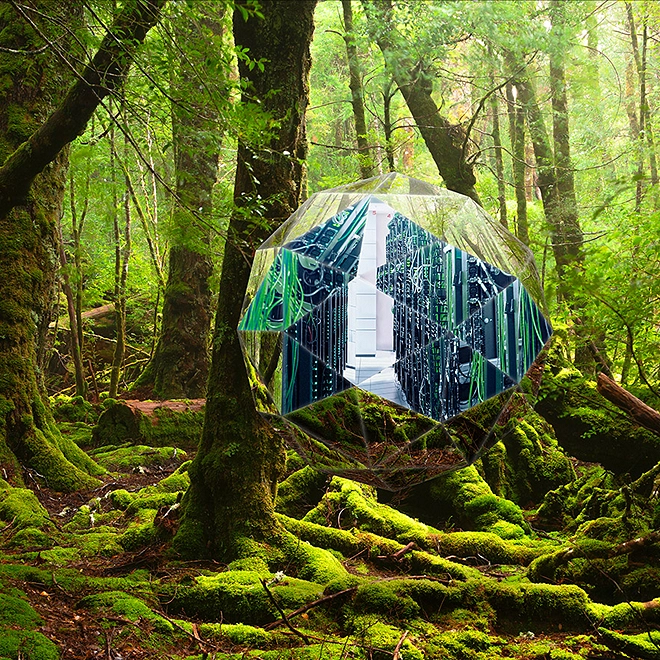Accelerating the food industry’s journey to Nature Positive
The world is facing a triple crisis: climate disruption, loss of nature and food security. These issues are deeply interconnected and food is at the heart of this.
Transforming our food system is one of the most important undertakings of our time.
It starts with recognising that our food and agriculture sector has the biggest impact on these crises. Not only is it the second largest greenhouse gas emitter, but it is also responsible for 80 percent of all deforestation and 60 to 70 percent of soil degradation of arable land.
At the same time, our food system is exposed to the biggest risks. Look at the crop losses that occurred because of floods, droughts, high temperatures or bush fires.
Yet food and agriculture also hold some of the biggest potential when it comes to solving these interconnected challenges. It is quite possibly the only sector that can get us beyond Net Zero to become Net Negative. No other sector has the power to sequester carbon, and store it in our soil. More than a third of the food produced and sold around the world is influenced by a small number of food companies and retailers. They influence not just what we eat, but also how we grow food. This is a privileged position that comes with great responsibility. It is therefore great to see the emergence of ‘nature positive’ commitments and initiatives by many large companies. It demonstrates that the journey to Net Negative has well and truly taken off, but there is a need to accelerate.
Delivering change at the required pace calls for us to materially shift the dial in four key areas:
Ideas & Knowledge
We need to continue to build knowledge of the methods and practices that can drive the nature positive agenda. Awareness and education will be key. This applies to the players across the food value chain, from farmers and producers, down to end consumers who will use their wallets to drive real change.
Data & Digital
If we want to be climate-smart, we will need greater intelligence and predictive capability. We need to capture, measure and use granular onfarm data from satellites down to the soil to ensure what we are doing is actually working, and know how best to adapt to what is likely to happen.
Collabration & Partnership
The ability to share ideas, data, and work collectively to deliver change at speed are critical. That means start-ups working with corporates, retailers working with brands, brands working with farmers, as well as public and private partnerships. Most importantly, we need to work more closely with Indigenous peoples, who have been living on and caring for the planet for tens of thousands of years. About 80% of the globe’s remaining biodiversity is on land managed and cared for by First Nations peoples. Yet First Nations people represent only 5 percent of the world’s population. If we want to restore nature, we will have to listen to them and let them lead the way.
Finance & Investment
We need to mobilise investments and direct capital flows to nature positive practices. Initiatives like the Taskforce on Nature-related Financial Disclosures are key to make that happen. In addition to capital markets, we need to ensure that government incentives and grants are rewarding the right behaviours.
Deloitte is committed to accelerating transformation in our food system and supporting critical actors in the value chain as they strive to address the crisis head on and create a healthy future for our planet and our people.
We are bringing together the industry to develop a position paper on nature related financial disclosures, and have developed a Stories of Impact booklet to capture examples of initiatives that embrace the nature positive concept from organisations around the world.
We hope these stories inspire the food ecosystem to accelerate their journey and expand their impact.



